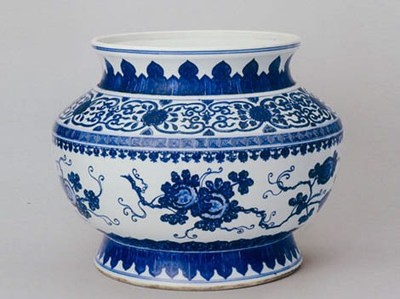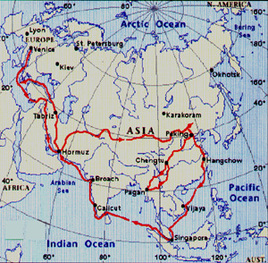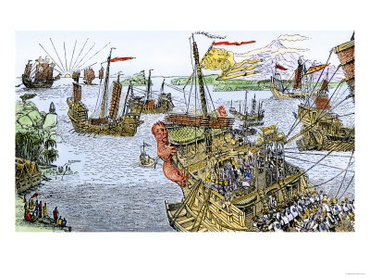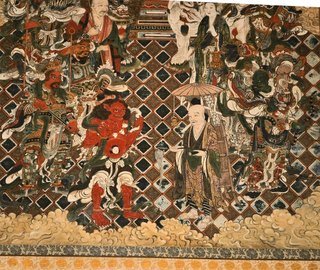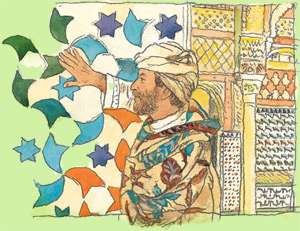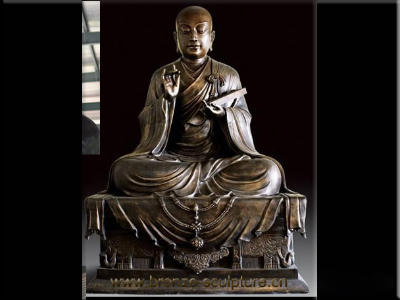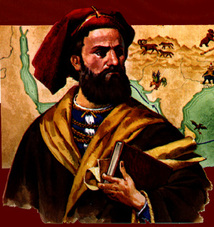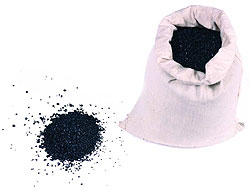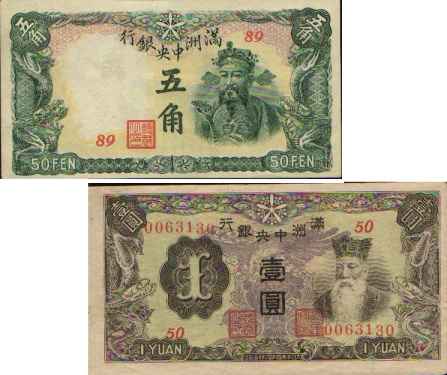AGMSPRITE
A- New materials and resources discovered by these explorers were then sought after in their respective regions and pushed for in trade not only adding to the architecture and art of the world, but also placing a value on these goods and help unify the world economy. For example, Ibn Battuta and Marco Polo brought porcelain back from China and created a desire for it in Europe and the Middle East and strengthen trade and the arts by introducing a new material to a majority of the world.
G- Marco Polo originally from Venice, traveled by sea to Persia and by camel back all the way through the Mongol Empire into China. Ibn Battuta, from Morocco, traveled North and West Africa, Southern Europe, Central Asia, East Asia, and much of the Middle East. M- Marco Polo upon his final arrival home in Venice encountered a war between Venice and Genoa, which led to his imprisonment, where he ultimately began telling cell mates the stories from his travels. Ibn Battuta would board independent Chinese junks to travel the seas and learn about more lands. Military did not play a major role in these men's travels. S- These explorers came from privileged social classes and in their journeys spent most of their time meeting with those of the higher class, thus giving a perspective of only one class in a land. P- Xaunzang had to escape persecution from the Chinese at first, Marco Polo became a highly regarded member of Kublai Khan's Mongol court as well as respected guest of the Mongol emperor. Ibn Battuta played a very large political role in the Maldives and then started marrying others purely for political power as he traveled the world, his journeys were not for purely exploring and documenting now. Ibn Battuta had his own personal stake in everything. Politics played a major influence in all of these explorers as they wrote accounts differently to get favors from empires. R- Xaunzang taught Buddhism throughout China. Marco Polo included much Christian Bias in "The Travels of Marco Polo" often portraying Christians he met along the way in a positive spotlight. Ibn Battuta was a Muslim and religion was the reason he first started traveling as he wanted to make a Hajj journey. He spread Islam as he traveled around the world and learned of other religions and brought them back. These travelers show that with routes to travel on and trade not only goods but ideas spread. Also, since these men were in contact with high ranking officials, they brought the ideas of their respective religions to new lands. I- All three explorers brought back both the physical innovations and ideas they encountered on their travels back to their respective regions. This exemplifies the concept that with trade routes, not only goods are exchanged, but ideas as well. T- The explorers brought back the technologies they encountered, such gunpowder and eyeglass in China back to Europe (Marco Polo). This played a major role in advancing all the levels of innovation and power of military and economy in all of Eurasia. E- The economies all became intertwined with the discovery of new goods in new lands and thus the push for stronger trade routes began. The ideas that made each economy successful were shared by regions thus making them each more efficient, such as the idea of paper money in China brought to Europe and the Middle East by Marco Polo and Ibn Battuta respectfully, is now used around the world. |
- Unit 1
- 1.1.3: Tools and Adaptation>
- 1.3.9 & 1.3.2: New Religions & Geographies of Early Civs.>
- 1.1.2: Humans and Fire>
- 1.3.6: Arts & Record Keeping>
- 1.3.1-1.3.3: Early Culture & Systems of Rule>
- 1.1-1.4 Early Human Innovation>
- 1.2.1-1.2.3: The Climate & The Neolithic Era>
- 1.2.5-1.2.6: Reliable Food Sources & Innovation>
- 1.3.1-1.3.2: Pastoralists & Early Architecture>
- Unit 2
- 2.2.5-2.2.7 Social Hierarchy and Gender Roles>
- 2.2.4 Cities>
- 2.2.2 Orchestration of the Persian and S. Asian Empires>
- 2.2.2 Orchestration of Rome and China>
- 2.2.1: Growth of Empires & States>
- 2.1.6 Cultures Of Second Wave Civilizations>
- 2.1.1: Religions as a Bonding Force>
- 2.1.4 Buddhism and Hinduism Impact on Gender Roles>
- 2.1.2 The Emergence of Religions>
- Unit 3
- 3.1.1 Third Wave Global Trade Routes>
- 3.1.2 The Impact of trade on emerging trading cities>
- 3.1.3. Spread of Islam Through Afro-Eurasia>
- 3.1.4 Inter-Regional Travelers >
- 3.1.5. Cultural Interactions and Art>
- 3.1.6: The Impact of Newly Spread Technologies and Scientific Knowledge>
- 3.1.7 Inter-Regional Conflicts>
- Unit 4
- 4.1.1. - Influence of Tools Upon Transoceanic Trade>
- 4.1.2: Maritime Reconnaissance>
- 4.1.3 World Economies>
- 4.1.4 The Colossal Impact of the Colombian Exchange>
- 4.1.5 Government and the Arts>
- 4.2.3 Forced Migration of Africans Cause and Effect>
- 4.3.2 Impact of Technology on state consolidation and imperial expansion>
- Unit 5
- Unit 6
